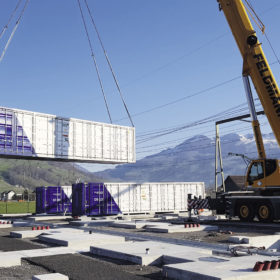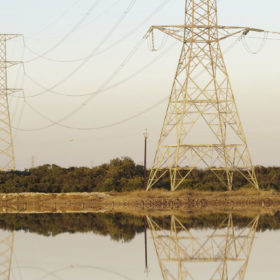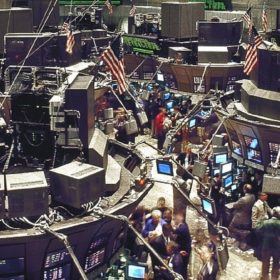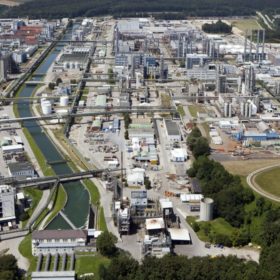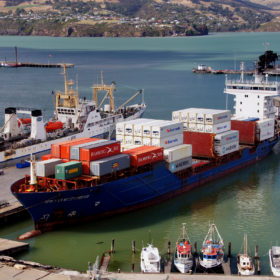Energy storage investment to approach $10bn in 2025
Analyst IHS Markit has predicted storage will rebound this year following its first year-on-year decline in 2019. The technology is being rolled out at pace despite Covid-19 with state-level policies set to keep the US the global capital for the next five years.
Solargiga issues profit warning
The decision to remove its cell manufacturing capacity has prompted hefty impairment losses which, together with a Covid-19-related slump in demand, will wipe out the gains offered by new solar ingot, wafer and module production lines.
Xinte corrects update which said it was selling polysilicon at a bargain basement price
Whoever published the figures for a profit warning issued by the poly maker on Friday might have spooked investors even further with a stray decimal point.
Energy deal activity down in the Americas but renewables show strength
An Ernst & Young report has found power and utility deals fell off markedly in the Americas during the first half of the year because of the Covid-19 pandemic but commitment to clean energy investment appeared to remain strong.
Portugal’s 700 MW solar auction ten times oversubscribed
Minister of the environment and climate action, João Pedro Matos Fernandes, announced the development and revealed nine of the ten lots tendered include energy storage.
Covid-19 weekly round-up: Updates shed light on tough second quarter for solar industry firms
But Israeli inverter company Solaredge and Indian engineering, procurement and construction services provider Sterling and Wilson have both offered hope of a recovery in Europe as Chinese glass producer Xinyi said it kept the furnaces going throughout the worst of the pandemic.
Wacker CEO hits out at Chinese rivals
Rudolf Staudigl highlighted polysilicon manufacturing overcapacity among Chinese competitors as he announced Covid-19-battered second-quarter figures for the Munich-based chemicals conglomerate.
REC Silicon sells off last remnants of Moses Lake polysilicon
The Norwegian company mothballed its Washington State facility more than a year ago and is now reliant on semiconductor-grade poly and silane gas produced at its fab in Butte, Montana – a facility for which the business says it has received plenty of interest from potential purchasers.
SolarEdge up 12% after hours on second-quarter revenue and solid earnings – despite Covid-19
The inverter and energy storage company was able to maintain its streak of profitable quarters in what was expected to be a hard period for solar and the Israeli business said it sees “signs of recovery in the U.S.”
Value of Indian PV imports tanked 83% in second quarter
Mercom India Research has said the quarterly value of solar cell and module imports was down 83% in the second quarter of the year, compared to the same period of 2019, to sit 54% lower than the value recorded in the January-to-March window.
